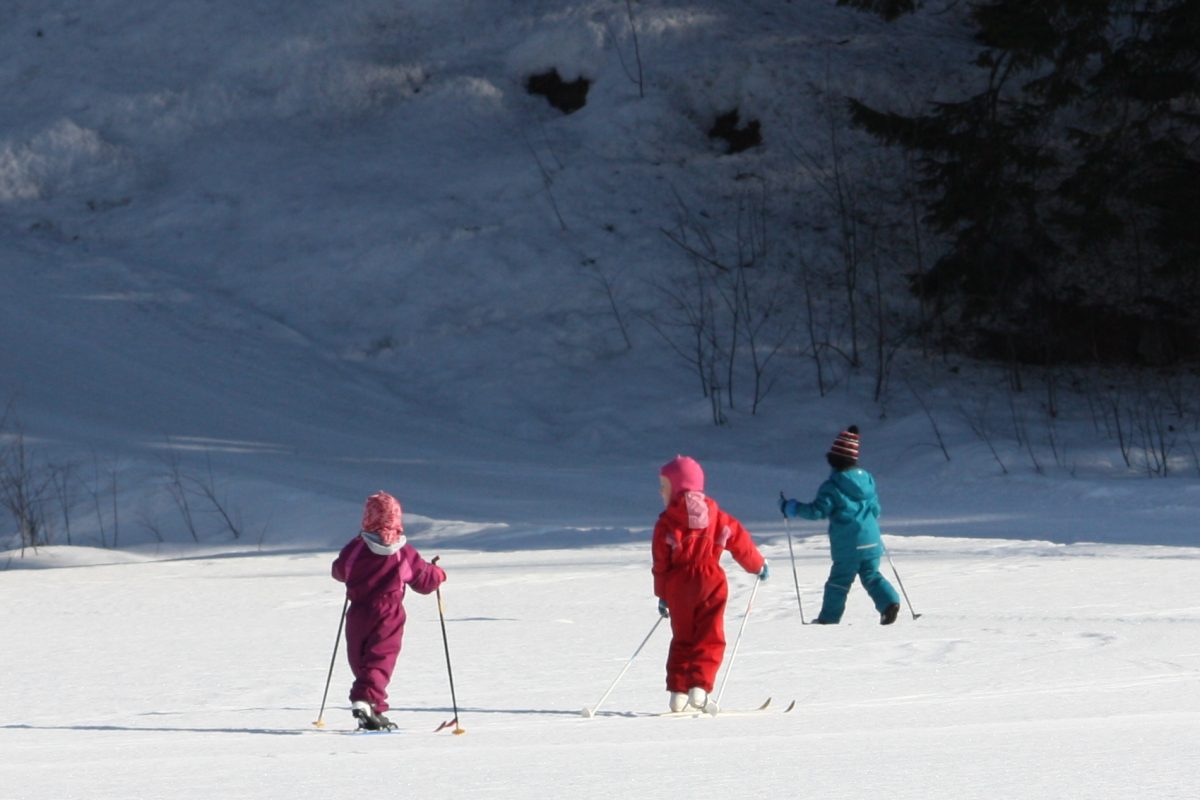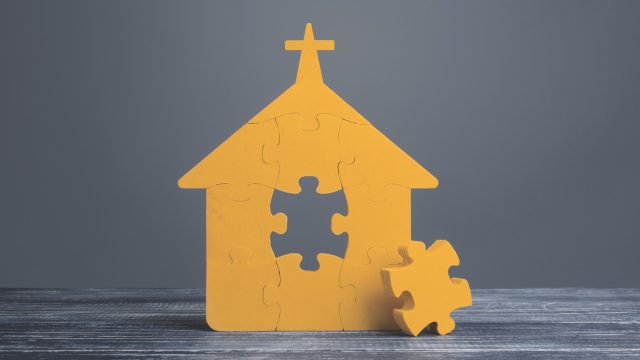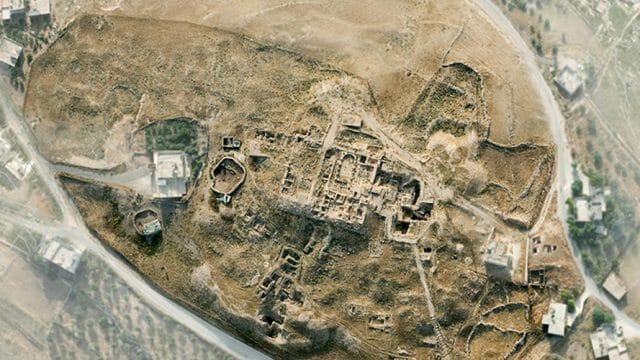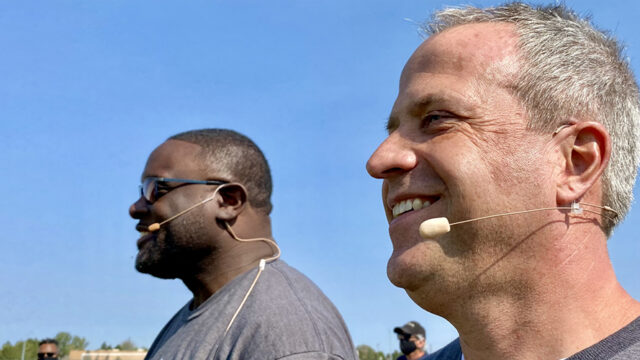How the best in the world is reflected in Ellen White’s counsel

The Programme for International Student Assessment (PISA) provides a global report card of knowledge and skills essential for adult participation in society. Between 4,500 to 10,000 students from 72 countries are tested near the end of their required education. Rankings are based on scores in reading, math, and science. Recently top marks have gone to geographically small countries, such as Singapore, and subnational cities in China, such as Shanghai, Hong Kong, Macao, and Taipei. Finland remains among the top-ranking countries in the world.
In 2011, corroborating PISA scores, Finland produced more scientists and engineers than any other country in the world (7,000/million people), despite spending far less in research and development than the United States, Japan, Germany, China, South Korea, United Kingdom, France, and many other countries.1
Finland’s high PISA scores have stimulated research and visits from foreign educators. My own teaching career started in Finland, first in a primary school, then teaching in secondary and tertiary education. This has shaped my personal perspective on some of the reasons for its success. Experimental research is the usual way to identify best practices. The inspired writings of Ellen White are another. She has no shortage of counsel
about education.
What Sets Finnish Education Apart?
Free, equal education is available to every child in
Finland. Between 11 and 12 percent of Finnish state and municipal budgets are spent on education. Children start school in the fall of the year they turn 7. This gives children more time to play, mature, use their imagination, and develop secure attachment with their parents before they go to school. Free hot lunches are part of the official curriculum, as are lessons in health and nutrition. Some schools offer climate-friendly, vegetarian, and organic lunches.
Teachers are qualified, respected, and trusted professionals. Primary teachers (grades 1-6) teach all subjects and hold master’s degrees in education with an emphasis in instruction. Secondary teachers hold master’s degrees in their respective fields, and they complete additional studies in educational science. There are standardized educational objectives, and a National Matriculation Examinations Board, but teachers select methods of instruction depending on their assessment of student needs.
Both school curriculum and teachers support balanced growth and development of students. School days are shorter in Finland than in most countries; and even though the Arctic
Circle inscribes part of the country, students have recess
outside every day, rain, shine, or snow. Special support is provided to students as needed. The curriculum includes artistic subjects. All students receive free health and dental care.
How Does This System Measure Up?
About universal access to education, Ellen White wrote: “All our youth should be permitted to have the blessings and privileges of an education at our schools, that they may be inspired to become laborers together with God. They all need an education, that they may be fitted for usefulness, qualified for places of responsibility in both private and public life.”2
On the need for student readiness, she wrote, “Do not send your little ones away to school too early. The mother should be careful how she trusts the molding of the infant mind to other hands. Parents ought to be the best teachers of their children until they have reached eight or ten years of age. Their schoolroom should be the open air, amid
the flowers and birds, and their textbook the treasure of nature.”3 Finnish children who start school at 7 years of
age are in harmony with her counsel not to send them to school too young.
Ellen White’s counsel is even more specific with respect to personal and spiritual qualifications for teachers: “Our church schools need teachers who have high moral qualities; those who can be trusted; those who are sound in the faith.”4 She continued, “Only devout and consecrated men and women, who love children and can see in them souls to be saved for the Master, should be chosen as church school teachers.”5
Ellen White understood the power of role models and social learning theory. She urged, “Teachers are to do more for their students than to impart a knowledge of books. Their position as guide and instructor of the youth is most responsible, for to them is given the work of molding mind and character. Those who undertake this work should possess well-balanced, symmetrical characters. They should be refined in manner, neat in dress, careful in all their habits; and they should have that true Christian courtesy that wins confidence and respect. The teacher should be himself what he wishes his students to become.”6
Academic qualifications were to be balanced with teachers’ ability to foster wholistic development. “The principles and habits of the teacher should be considered of greater importance than even his literary qualifications. If the teacher is a sincere Christian, he will feel the necessity of having an equal interest in the physical, mental, moral,
and spiritual education of his scholars. In order to exert the right influence, he should have perfect control over himself, and his own heart should be richly imbued with love for his pupils, which will be seen in his looks, words, and acts.”7
The formation of healthy behaviors and an intelligent understanding of how to care for health is essential. “Many students are deplorably ignorant of the fact that diet exerts a powerful influence upon the health.”8 Ellen White would give an approving nod to including free hot lunches in the curriculum, along with lessons on nutrition and health, and a shorter school day.
In addition to outdoor exercise, Ellen White advised: “Students should not be permitted to take so many studies that they will have no time for physical training. The health cannot be preserved unless some portion of each day is given to muscular exertion in the open air. . . . Equalize the taxation of the mental and physical powers, and the mind of the student will be refreshed. If he is diseased, physical exercise will often help the system to recover its normal condition. When students leave college, they should have better health and a better understanding of the laws of life than when they entered it. The health should be as sacredly guarded as the character.”9
In every facet of education, students should leave school better than when they started.
Point of Departure
On the basis of Ellen White’s writings, Finnish education would get an “A” grade with respect to preparing
students for the “joy of service in this world.”
However, Finnish education stops short of the redemptive purpose she envisioned of leading students to Christ and thereby preparing them for “the higher joy of wider service in the world to come.”10 n
1 World of R&D 2011. Source: Battelle, R&D Magazine, International Monetary Fund, World Bank, CIA World Factbook, OECD. http://www.rdmag.com/articles/2011/12/2012-global-r-d-funding-forecast-r-d-spending-growth-continues-while-globalization-accelerates.
2 Ellen G. White, Child Guidance (Nashville: Southern Pub. Assn., 1954), p. 332.
3 Ellen G. White, Counsels for the Church (Nampa, Idaho: Pacific Press Pub. Assn., 1991), p. 208.
4 Ibid., p. 207.
5 Ellen G. White, Counsels to Parents, Teachers, and Students (Mountain View, Calif.: Pacific Press Pub. Assn., 1913), p. 166.
6 Ellen G. White, Daughters of God (Hagerstown, Md.: Review and Herald Pub. Assn., 1998), p. 87.
7 Ibid., pp. 86, 87.
8 Ellen G. White, Fundamentals of Christian Education (Nashville: Southern Pub. Assn., 1923), p. 147.
9 Ibid., pp. 146, 147.
10 Ellen G. White, Education (Mountain View, Calif.: Pacific Press Pub. Assn., 1903), p. 13.
Lisa Beardsley-Hardy, Ph.D., M.P.H., is
director of the Education Department for the General Conference of Seventh-day Adventists world headquarters.








